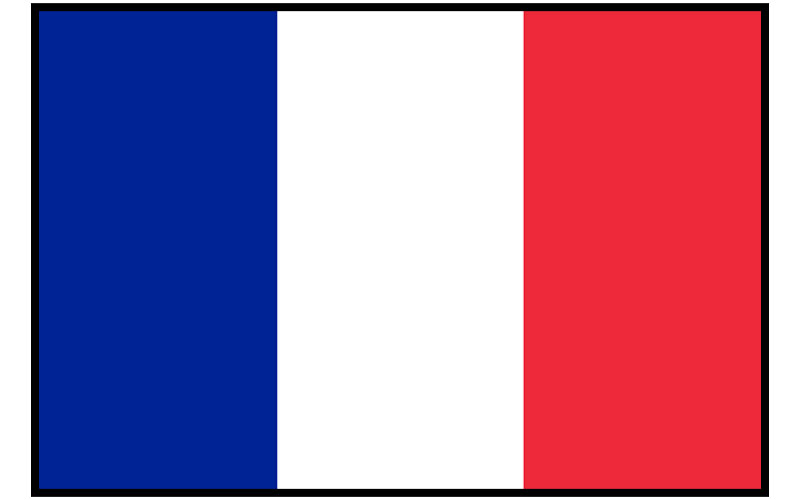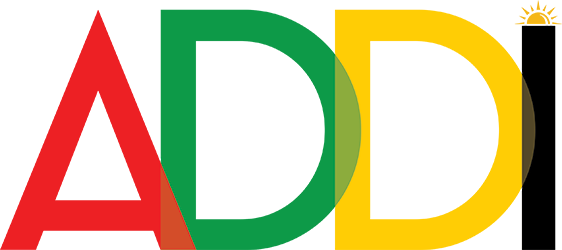
President of the Departmental Council: Soibahadine Ibrahim Ramadani
Land area: 471,042 sq mi (1,219,999 sq km); total area: 144.4 sq mi (1,240,000 sq km)
Population: 270,372
Capital: Mamoudzou
Monetary unit: Euro
Languages: French is the official language, but most of the people speak Comorian (closely allied to Swahili); there are some villages along the Mayotte coast in which a Malagasy dialect is the main language
Ethnicity/race: According to the 2017 census, 58.5% of the people living in Mayotte were born in Mayotte (down from 63.5% at the 2007 census), 5.6% were born in the rest of the French Republic (either metropolitan France or overseas France except Mayotte) (up from 4.8% in 2007), and 35.8% were immigrants born in foreign countries (up from 31.7% at the 2007 census, with the following countries of birth in 2007: 28.3% born in the Union of the Comoros, 2.6% in Madagascar, and the remaining 0.8% in other countries).
Religions: The main religion in Mayotte is Islam, with 97% of the population Muslim and 3% Christian. The main religious minority, Roman Catholicism, has no proper diocese but is served, together with the Comoros, by a missionary jurisdiction, the Apostolic Vicariate of Comoros Archipelago.
Economic summary: The official currency in Mayotte is the euro.
In 2017, the GDP of Mayotte at market exchange rates was €2.9 billion (US$3.3 bn). In that same year the GDP per capita of Mayotte at market exchange rates, not at PPP, was €11,354 (US$12,820), which was 16 times larger than the GDP per capita of the Comoros that year, but only 49.5% of the GDP per capita of Réunion and 33% of the GDP per capita of Metropolitan France. Living standards are therefore lower than in metropolitan France. Close to a third of the population lives in a housing which is not connected to public water network. Additionally, 10% of the housing has no electricity.
The local agriculture is threatened by insecurity, and due to a more expensive workforce cannot compete on the export ground with Madagascar or the Comoros union. The major economic potential of the island remains tourism, however hampered by delinquency rates.
